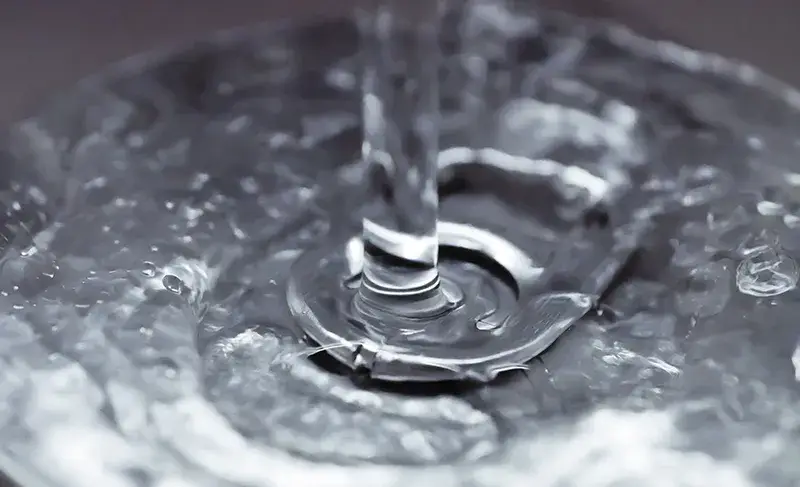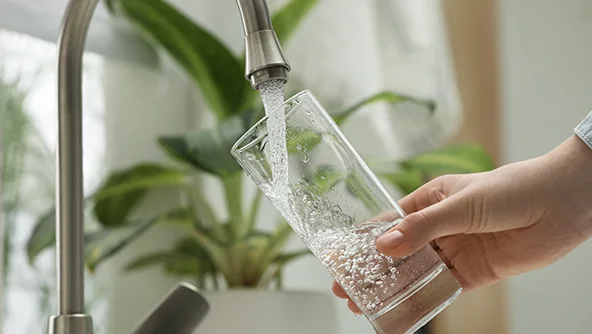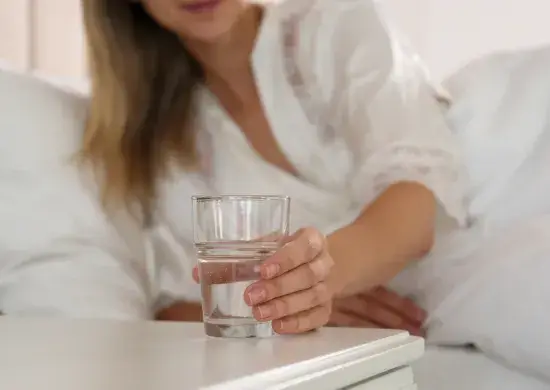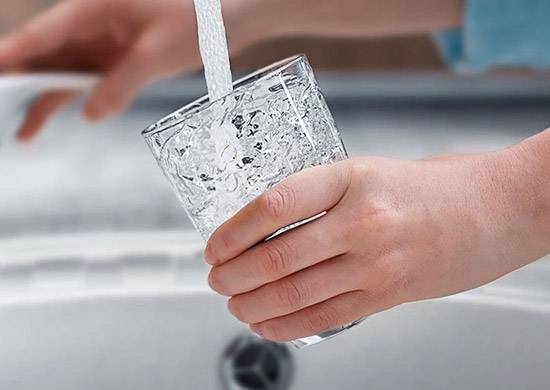

The benefits of staying hydrated by drinking clean water are undeniable, but is all water equal? We’re lucky that in the UK, our water is amongst the top in the world in terms of being safe to drink, but that doesn’t mean it always tastes good, or that there aren’t occasionally some issues with our water supply.
Chlorine and tap water
There are a few methods that water treatment plants use to ensure that our drinking water is safe, including chlorination, ultraviolet light and ozone. However, the use of chlorine can often leave a residual taste, which many find unpleasant.
Some don’t like the idea that their drinking water could potentially still have chlorine in it, despite the necessity of safe levels of chlorine in our tap water to ensure that harmful bacteria and viruses are inactive. The levels of chlorine in our water are safe for human consumption, however, if you notice that your water smells a lot like a pool and you begin to experience side effects, such as dry and irritated skin, nausea and stomach upset after drinking the water, there may be an issue.
Lead pipes & your tap water
There are other concerns and health risks with drinking unfiltered tap water. For example, if your house was built prior to 1970, there’s a chance that your water pipes are made of lead. Most lead pipes have been replaced by now, however, about eight million older buildings may still have lead piping.
Lead poisoning has some very serious side effects and does not appear until one has experienced prolonged exposure, which is why the laws changed in 1970 to stop lead from being used. The best solution is obviously to replace your pipes, however, it’s not always feasible to do this.
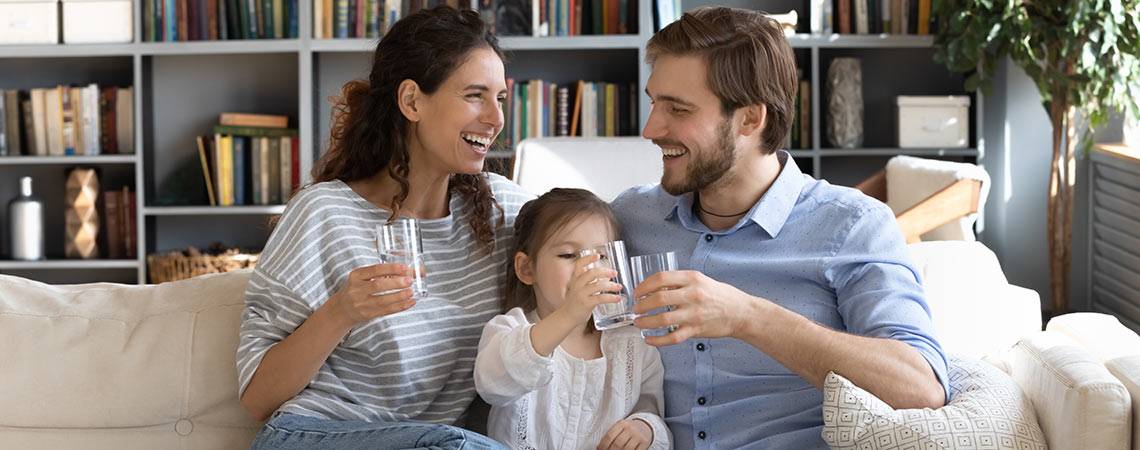
Other Issues to consider about your tap water quality
Whilst the tap water in the UK is tested regularly for known contaminants like pesticides, faecal matter, bacteria and diseases, there are often new contaminants emerging. In order to understand and remove potential contaminants, the water industry works to keep up with new potential contaminants, including microbiological contaminants such as diarrhoea-causing parasites like cryptosporidium, and microplastics.
There have also been recent discussions around the fact that the UK government is not testing our water for some manmade, toxic chemicals. They’re known collectively as PFAS (per- and polyfluoroalkyl substances), AKA forever chemicals, that are designed to not break down. These substances are used in packaging, cookware, clothing and more. As a result, they accumulate in the soil, water, animals and human blood and they have been linked to health conditions such as thyroid, cancers, cholesterol and ulcerative colitis. There was even an incident in June 2021 where chemicals were pumped into the homes of over 1000 people in Cambridgeshire.
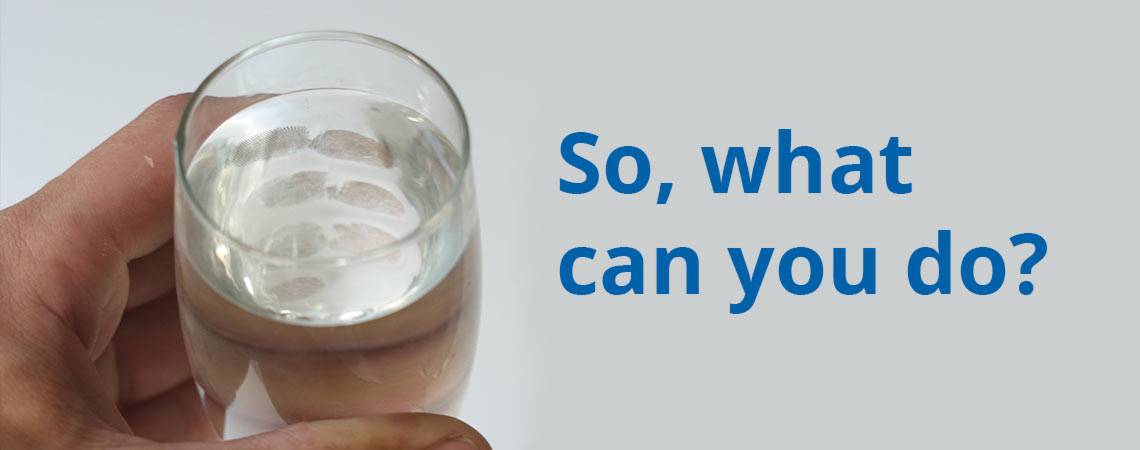
So, what can you do?
Whilst this may sound alarming, there’s no need to panic. Though, if you’re concerned, there are options available to you in the form of alternative methods of hydrating at home and in the workplace:
- Bottled water coolers are a great option for those concerned. You get fresh, filtered, clean and safe water that’s chilled and ready to go at a moment’s notice. They’re also good for the environment as the bottles are reused and won’t be sent to landfills, depending on the bottled water you choose.
- Mains-fed water coolers draw from your mains water, however, the water is filtered, providing clean, and chilled water that you don’t have to worry about.
It’s also important to note that you don’t have to shell out and buy a water cooler, you can rent them, saving you the upfront costs!
Other options include:
- Instant boiling taps, which have carbon filters to filter your tap water before dispensing it cold or boiling straight into your glass.
- Water filters, which remove chlorine, sediment, chemicals and rust from your water.
We would advise against purchasing bottled water from the supermarket as those plastic bottles will end up in landfills, and we want to protect our environment!
Related articles
